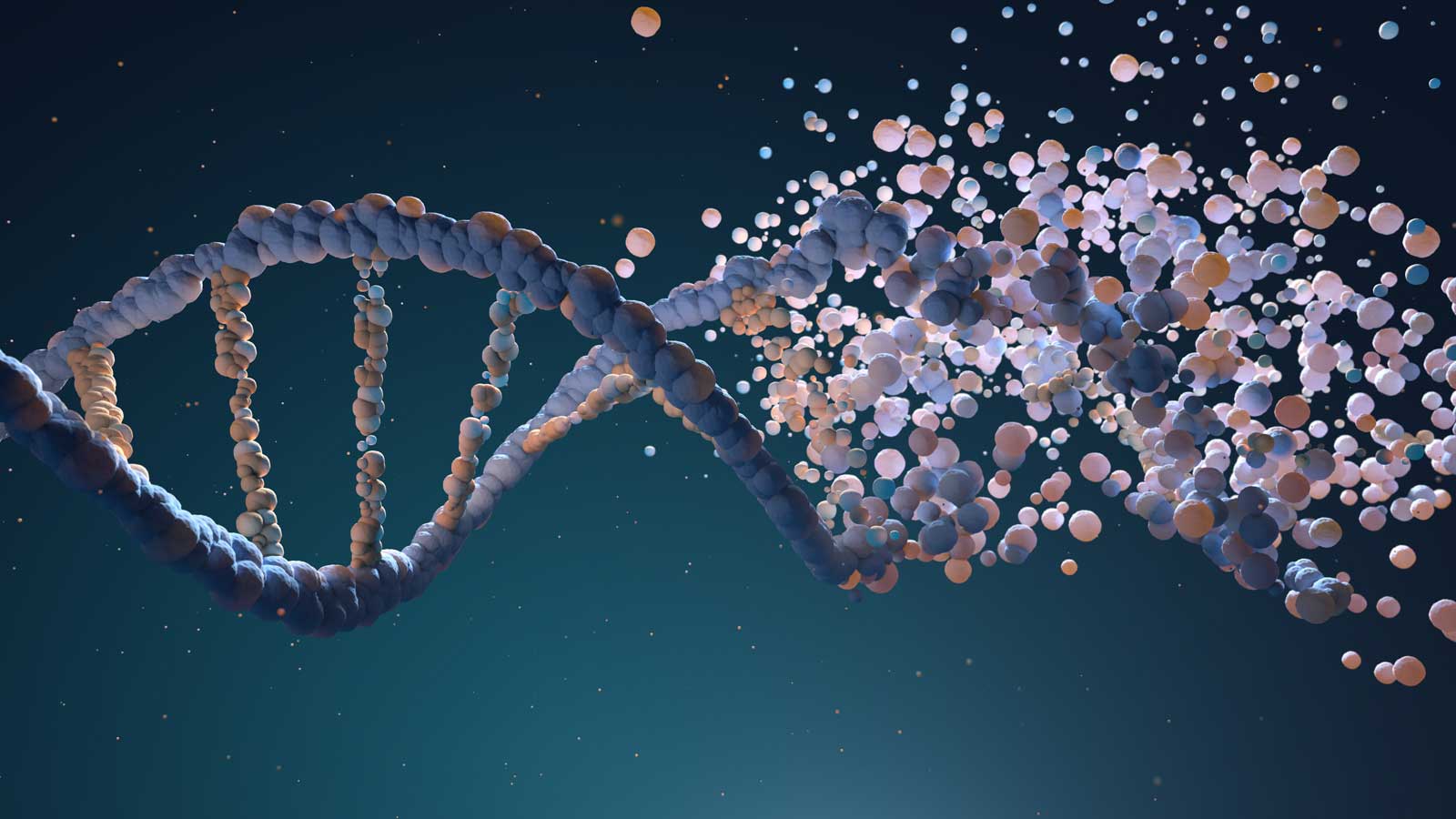Hormones are incredibly powerful. They regulate everything from your mood to your metabolism and even your energy levels. But when they’re out of balance, it can feel like your body is constantly working against you. If you’re struggling with symptoms like fatigue, acne, or irregular periods, it might be time to take a closer look at your hormones. In this blog post, we’ll dive into common hormone imbalance symptoms, how to recognise them, and, most importantly, what you can do about it. Your body is sending you signals—it’s time to listen.
What’s “Normal” for Your Cycle?
Before we dive into specific symptoms, let’s start with the basics: What should a normal menstrual cycle look like? A typical period should last between 5-7 days, with moderate flow and no major disruption to your daily life. If your period is longer, shorter, heavier, or more painful than that, it could indicate an underlying hormonal imbalance.
Here are a few factors that can mess with your cycle:
Stress: Chronic stress can wreak havoc on your hormones, leading to irregular cycles, mood swings, and more.
Nutrient Deficiencies: Key vitamins and minerals like magnesium, iron, and vitamin D are essential for hormonal balance. Low levels can contribute to cycle disruptions.
Underlying Medical Conditions: Disorders like PCOS (Polycystic Ovary Syndrome), fibroids, and thyroid issues can significantly affect your period. If your cycle is consistently irregular or accompanied by troubling symptoms, it’s important to consult with a healthcare provider for further evaluation.
Signs of Hormone Imbalances: What Your Body Is Telling You
Your hormones don’t just impact your cycle—they can affect a wide range of bodily functions. Hormonal imbalances often present as physical or emotional symptoms. Here are some common signs to watch for:
Acne and Breakouts
Hormonal fluctuations, especially during your menstrual cycle, can lead to acne or persistent breakouts. High levels of testosterone (often related to conditions like PCOS) can increase oil production in the skin, leading to clogged pores and blemishes. If acne flares up around ovulation or your period, this is likely a hormonal issue.
Breast Tenderness
If your breasts feel sore or swollen, it could be a sign of fluctuating oestrogen levels. This is a common symptom of PMS(premenstrual syndrome) and can also occur in the days leading up to ovulation.
Decreased Libido
When your hormones are out of balance, your desire for intimacy may decrease. A drop in oestrogen or testosterone can lead to low libido in both women and men. Stress, thyroid issues, or ageing can also play a role in this.
Unexplained Hair Loss
Hair shedding can be linked to stress, thyroid imbalances, or even low oestrogen levels. If you’re noticing thinning hair or sudden hair loss, it’s worth investigating your hormone levels to see if an imbalance is to blame.
Menstrual Migraines
Migraines that occur just before or during your period may be caused by hormonal changes, specifically a drop in oestrogen levels. These types of headaches can be debilitating and often require medical attention.
Stress Hormones: The Silent Saboteurs
Stress affects everything, including your hormones. Cortisol, the hormone your body produces during stress, can disrupt the balance of other hormones in your body, leading to a variety of symptoms:
PMS & Sleep Disturbances
Stress increases cortisol levels, which can worsen PMS symptoms (such as mood swings, irritability, and bloating). Cortisol can also interfere with melatonin, the hormone that helps regulate sleep, leading to insomnia or disrupted sleep cycles.
Weight Gain & Fluid Retention
Chronic stress can lead to the accumulation of belly fat and water retention, particularly in the abdominal area. This is often referred to as the “stress belly.” Stress hormones can encourage your body to store fat, especially when paired with poor eating habits and a sedentary lifestyle.
Anxiety & Brain Fog
When your body is in a constant state of stress, it can lead to feelings of anxiety, overwhelm, and mental fog. High cortisol levels can interfere with cognitive function, leaving you feeling scattered and unable to focus.
Thyroid Imbalances: The Undercover Culprit
Your thyroid plays a crucial role in regulating metabolism, energy levels, and mood. An imbalance in thyroid hormones—whether it’s hypothyroidism (underactive thyroid) or hyperthyroidism (overactive thyroid)—can cause a variety of symptoms:
Cold Extremities & Constipation
If you’re constantly feeling cold or struggling with constipation, it could be a sign of hypothyroidism. An underactive thyroid slows down your metabolism, making it harder for your body to regulate temperature and digestive function.
Dry Skin, Fatigue, & Hair Loss
Hypothyroidism can cause dry, flaky skin, chronic fatigue, and thinning hair. If you’re feeling constantly drained or noticing changes in your skin and hair, it’s worth checking your thyroid hormone levels.
Fluid Retention & Swollen Eyes
In addition to weight gain, hypothyroidism can lead to swelling, particularly around the eyes. You may notice that your eyes feel puffy or that you wake up with swelling in your face or extremities.
The Role of Male Hormones in Imbalances
Hormonal imbalances aren’t just for women—men can also experience issues with testosterone and other hormones that affect energy, mood, and physical health. Some common signs of male hormone imbalances include:
Fatigue & Muscle Loss
A drop in testosterone can lead to chronic fatigue, decreased muscle mass, and difficulty gaining strength. Men with low testosterone may find it harder to maintain an active lifestyle or notice a decrease in endurance.
Irritability & Low Libido
Just like women, men can experience a drop in libido and mood changes when their hormones are out of balance. Low testosterone levels can lead to irritability, mood swings, and a loss of interest in sex.
Taking Control of Your Hormonal Health
Understanding your hormonal imbalances is the first step in taking charge of your health. If you’re experiencing any of the symptoms listed above, it’s time to dig deeper into the root causes. Start by tracking your cycle, managing stress, improving nutrition, and consulting with a healthcare professional.
Contact us today to learn more about how you can support your hormonal health and take control of your well-being. Together, we can create a plan that works for you, addressing everything from your diet to lifestyle changes and medical support. With the right tools and guidance, you can reclaim your energy, balance, and feel like your best self again.







